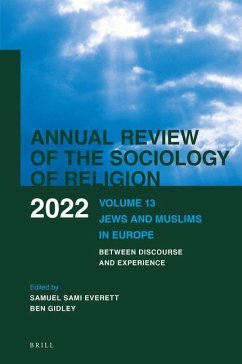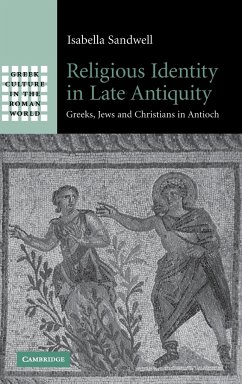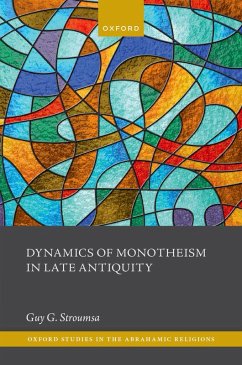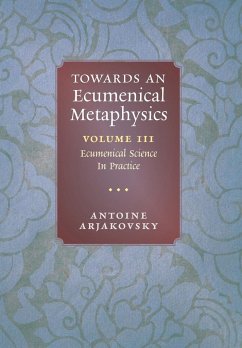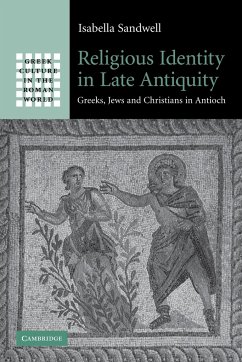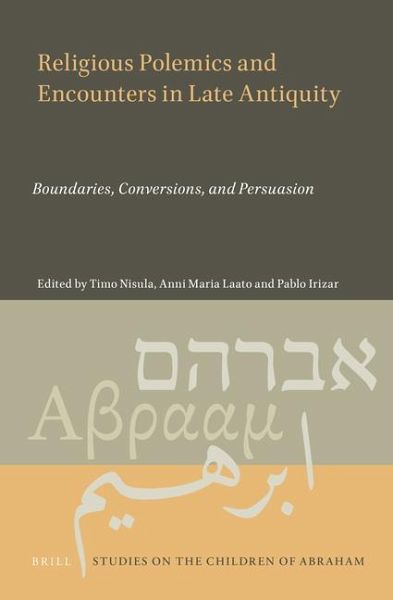
Religious Polemics and Encounters in Late Antiquity
Boundaries, Conversions, and Persuasion
Versandkostenfrei!
Versandfertig in über 4 Wochen
176,99 €
inkl. MwSt.

PAYBACK Punkte
88 °P sammeln!
This volume explores the intricate identarian formation and negotiations of early encounters of the Abrahamic religions. Its aim is to understand the ever-pressing challenges arising from polemical inter-religious encounters by analyzing the dynamics of apologetic debate, the negotiation and formation of boundaries of belonging, and the argumentative thrust for persuasion and conversion.




